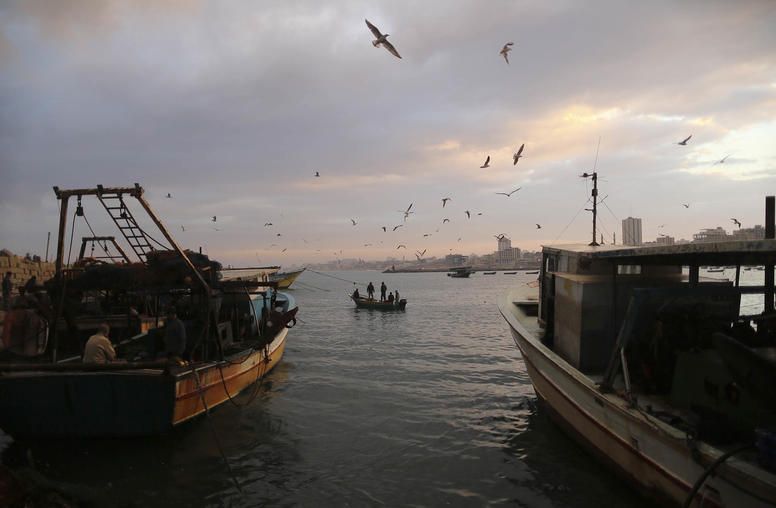Egypt’s Grand Mufti and Bishop Fear New, Escalating Religious Strife
The anger and hate that led to the brutal beating deaths of four Shia Muslims in a village of the city of Giza southwest of Cairo on June 23 was just the latest sign of an uptick in the kind of sectarian extremism that in the past has been uncommon in Egypt.

Sheikh Ali Goma’a, the Grand Mufti of Egypt, and Bishop Mouneer Hanna Anis, the Anglican Bishop of Egypt with North Africa and the Horn of Africa, had just addressed such new challenges to Christian-Muslim relations in Egypt during a discussion at the U.S. Institute of Peace (USIP) on June 14.
Egypt’s emergence from authoritarian rule, the Muslim Brotherhood’s political control of the state and the tensions created by a transition that will take years to stabilize have heightened inter-religious and sectarian fissures. While some Muslims argue that violence is justified to stop the spread of “wrong” Islamic beliefs, moderates tend to view such attacks as purely political and a tool for gaining or keeping power. In any case, the seeds of religious bias that may have been lying dormant have transformed social interaction from passive tolerance to active discrimination.
Bishop Mouneer spoke of the 18-day honeymoon period following the January 25th start of the protests in Tahrir Square, when Christians protected praying Muslims from potentially hostile security forces. The atmosphere began to deteriorate with the appearance of extremist Muslim statements against Christianity. Moderate Muslims tried to stem the tide, in one case setting up a Christmas tree in the center of the square in support of Christians, whom they considered simply fellow Egyptians. The Bishop said that, in a diverse and fragile state such as Egypt, the people must view themselves as Egyptians first and as Christians or Muslims second.
Tensions have been increasing even more in recent weeks as the first anniversary of President Mohamed Morsi’s term in office approaches on June 30. Opposition groups dissatisfied with what they say is widespread government dysfunction and oppression have called for the biggest demonstrations since the 2011 uprising.
Religious strains have mounted apace. New York-based Human Rights Watch said the June 23 attack in the village in Giza “came after months of anti-Shia hate speech at times involving the ruling Muslim Brotherhood and its political party.” With Christians fearing increased marginalization under an Islamist state, Bishop Mouneer stated bluntly that the past of “ignoring each other or competing with each other is over.”
“We are working together in education, arts, media, youth activities, and providing space for the elderly to mentor younger professionals,” he said. The goal is to replace preconceived assumptions about another religion with real social interaction and information.
Joint social projects, microenterprise business ventures for entrepreneurs, and programs to improve education and health care are examples of the potential impact of interfaith dialogues and activities that don’t focus on who is a Muslim, Christian or atheist. Rather, the focus is on who needs assistance and how they can be helped.
Sheikh Ali, the Grand Mufti and a member of the Coexist Foundation’s board of trustees, emphasized the need for the public to stop talking about the need for change, and to finally act constructively. The foundation, with offices in Washington and London, aims to create understanding across societies to counter “prejudice, misinformation, hate, and violence.”
Egyptians must not “swim in the sea of misery and complaints, but rather come together as a community to generate solutions which will effectively improve the lives of all Egyptians,” Sheikh Ali said.
Some of the challenges he argues must be addressed include the need to articulate the true meaning of being a citizen -- that citizens are members of a nation-state rather than people of a certain religious background. He highlighted the role of the media and its ability to build human intellect, urging them to do so by not only reporting what is provocative but what is inspiring and productive.
Maral Noori is a program assistant in USIP’s Center for Conflict Management.



